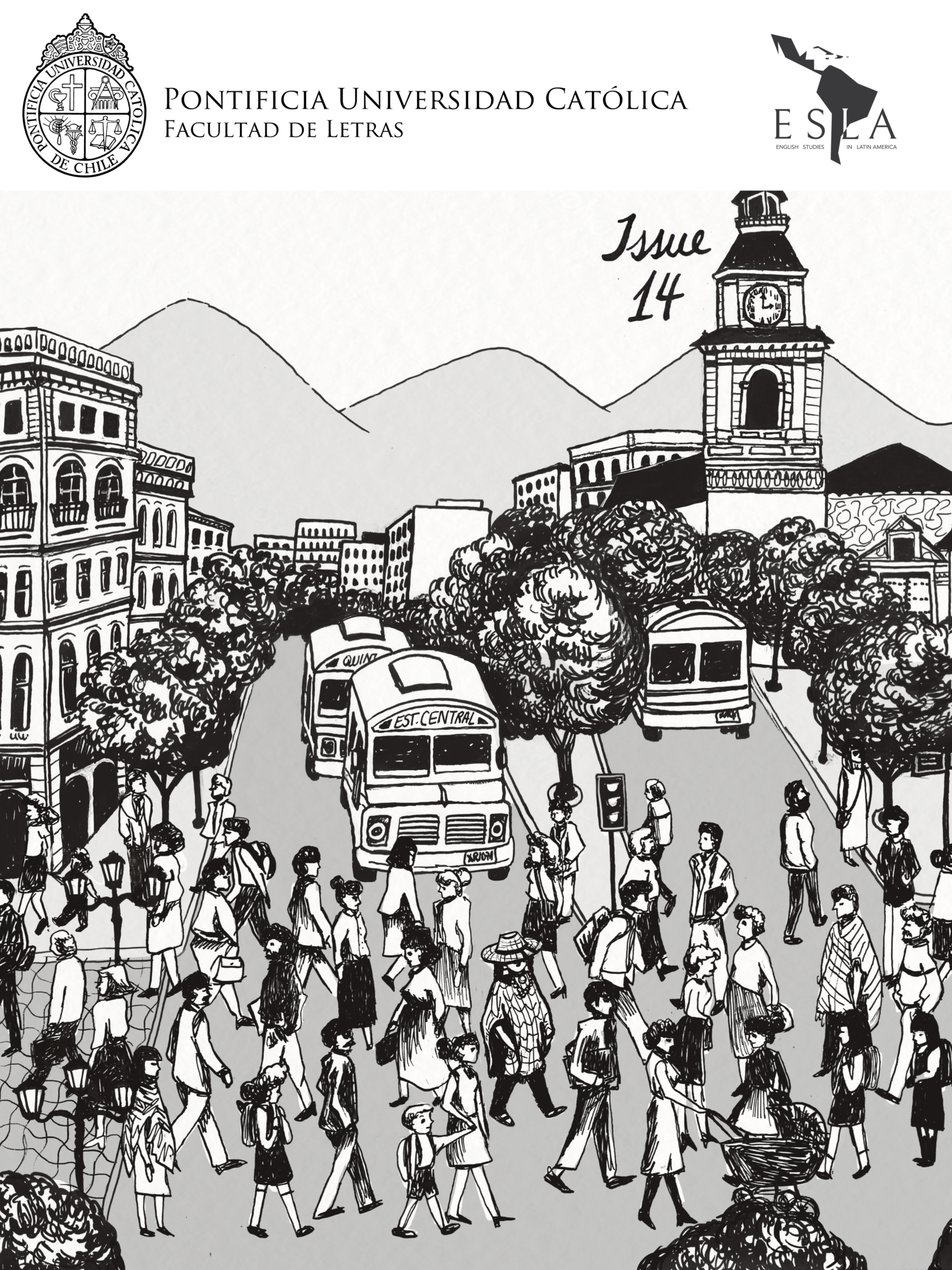The Image Keeps Talking: A Visual Interrogation of the Colonial Archive of the Mapuche People
DOI:
https://doi.org/10.7764/ESLA.61303Keywords:
Visual culture, colonialism, archives, MapucheAbstract
This essay interrogates the colonial visual archive of the Mapuche people as a decolonial exercise. As a decolonial intervention, it moves away from phenomenological approaches to visual archives in which meaning resides only in the image. Rather it proposes to engage with colonial history and its social formations as ongoing forms of political power that give shape to the Chilean nation-state, modernity, and capitalist extraction. A decolonial engagement with visual culture is not a restoration of the “original meaning” of colonial archives, but a critical interrogation of the remainders of structural forms of subjugation and differentiation from the present. Thus, I propose to place Gustavo Milet Ramírez’s photographic portraits of Mapuche women along with the racialization of the Mapuche people and dispossession and extraction of their territories at the turn of the twentieth century. I read these images from the present with Francisco Huichaqueo Pérez’s short film Chi Rütram Amulniei ñi Rütram in order to unlock the rigidity of colonial meaning and explore questions of subaltern history-making, gender, Indigeneity, culture, and extractivism. For this final point, I will discuss the complex contestations that Indigenous media offers to critically engage with colonial visual regimes and forms of cultural agency.
Downloads
Downloads
Published
How to Cite
Issue
Section
License

This work is licensed under a Creative Commons Attribution-NonCommercial-NoDerivatives 4.0 International License.


